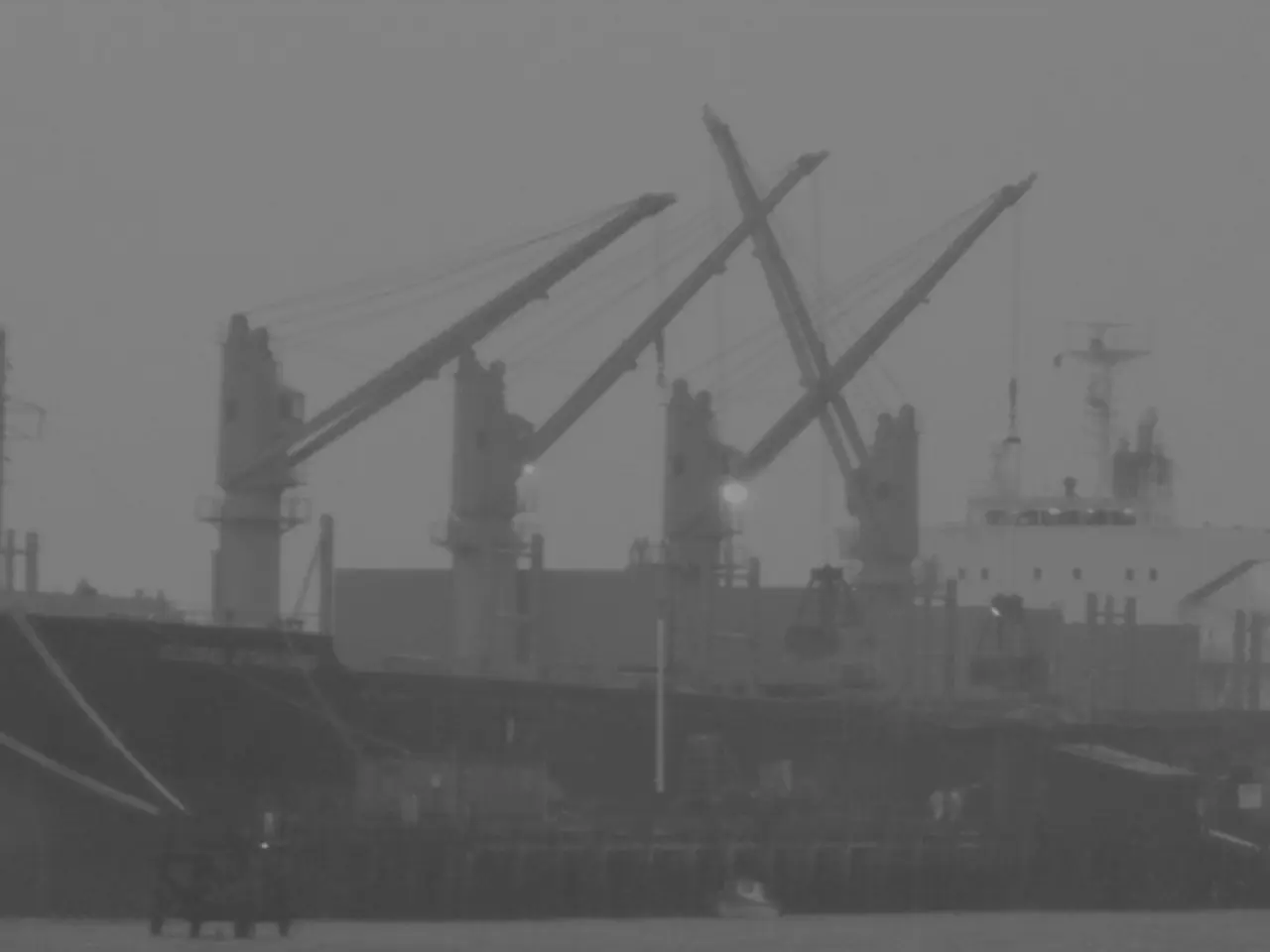OceanGates Corporate Environment and Its Role in the Titan Implosion Catastrophe
The tragic implosion of the Titan submersible, which occurred at a depth of over 3,000 meters in June 2023, killing all five people on board, has been ruled as preventable by investigators. The primary cause of the disaster was found to be OceanGate's inadequate design, certification, maintenance, and inspection processes, combined with serious safety culture failures within the company.
From the outset, concerns about the Titan's safety were raised by David Lochridge, an experienced marine expert who was hired by OceanGate's CEO to plan dives and steer the Titan. Lochridge identified several issues, including processing errors in the two titanium end caps of the submersible, as well as concerns about the carbon fiber hull's poor condition, with gaps and peeling layers.
Despite these warnings, OceanGate responded with legal pressure, demands for money, and lawsuits. Lochridge's attempts to file safety concerns with the US Occupational Safety and Health Administration (OSHA) were met with resistance. The company continued its dives despite the toxic corporate culture and safety lapses.
The U.S. Coast Guard's report on the incident reveals a toxic corporate culture at OceanGate, where safety concerns were suppressed. Employees who expressed safety concerns were reportedly fired or intimidated. The company maintained an ineffective whistleblower process and practiced intimidation tactics, which suppressed internal safety warnings and contributed critically to the disaster.
The investigation also highlighted a gap in international and domestic regulatory frameworks for novel submersibles, noting that government oversight wasn't a direct cause but lacked the necessary structure to prevent such failures. The originally planned safety inspection by an independent body was cancelled, and OceanGate ignored basic safety standards and technical regulations, while also over-relying on real-time hull monitoring systems that failed to provide sufficient warning of the impending failure.
The report criticizes the design of the Titan's hull, stating that it had structural weaknesses and was not tested nor certified. The over-reliance on the carbon fiber hull, which was in poor condition, was a significant factor in the disaster. The company's failure was not technical but cultural in nature, with a dangerous workplace culture that prioritized pushing boundaries over ensuring safety and compliance.
In conclusion, the disaster resulted from combined failures in design and engineering rigor, compounded by a dangerous workplace culture at OceanGate that prioritized pushing boundaries over ensuring safety and compliance. The tragic loss of life could have been prevented if standard rules for deep-sea submersibles had been followed. The investigation serves as a stark reminder of the importance of safety, transparency, and accountability in the marine exploration industry.
[1] U.S. Coast Guard Report on the Titan Submersible Disaster [2] The New York Times, "The Sinking of the Titan: A Preventable Tragedy" [3] The Washington Post, "The Titan Disaster: A Failure of Design, Culture, and Oversight" [4] The Guardian, "The Titan Disaster: A Culture of Intimidation and Neglect"
- The tragic loss of life aboard the Titan submersible could have been avoided if OceanGate had prioritized technical rigor in its design and maintenance processes, addressing concerns about the carbon fiber hull's poor condition and processing errors in the titanium end caps, rather than resorting to intimidation tactics and suppressing internal safety warnings.
- The investigation into the Titan disaster highlighted the need for improved regulations in the field of novel submersible technology, emphasizing the importance of transparency, accountability, and adherence to safety standards in the marine exploration industry to prevent similar incidents in the future.




